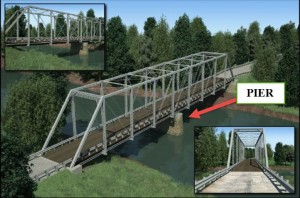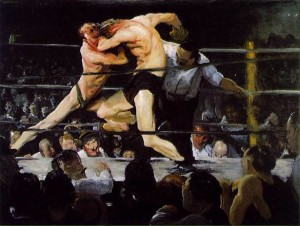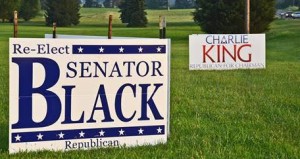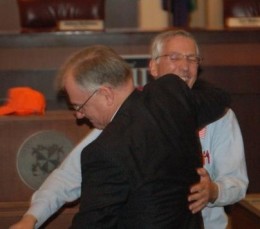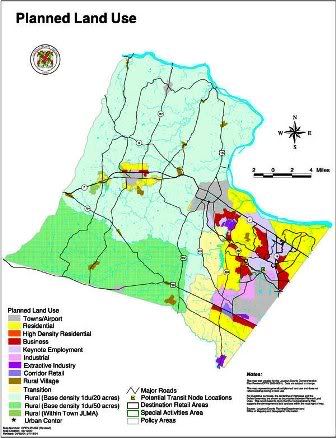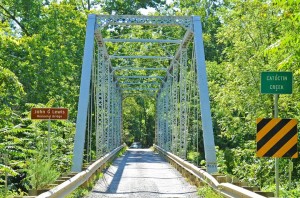 You may wonder what happened to that historic one-lane bridge on Featherbed Lane that VDOT seemed inclined to alter or destroy.
You may wonder what happened to that historic one-lane bridge on Featherbed Lane that VDOT seemed inclined to alter or destroy.
Well VDOT is having another meeting on February 9, 2016, at 6 p.m. at the Old School in Waterford, and the bridge is still on the chopping block.
There is an effort by the Catoctin Creek Scenic River Advisory Committee to preserve the bridge’s historic standing and maintain its listing in the National Registry of Historic Places and in Virginia Landmarks Registry.
In 2003, VDOT “hot zinced” the bridge to preserve it and instead made the bridge more brittle.
According to the Advisory Committee, VDOT now admits that may have been the wrong thing to do.
The challenge is to repair the bridge consistent with the recommendation of Virginia’s Department of Historic Resources.
Marc Holma, the Architectural Historian, for the Division of Review and Compliance, wrote on behalf of the Department, that “the Architectural Evaluation Team decided that only Alternative 2A [of VDOT’s proposals] would preserve enough of the bridge’s historic design and materials to keep it listed in the NRHP [Nation Register of Historic Places].”
The Advisory Committee would prefer that this Alternative 2A not have a pier as when there are storms, trees and branches, they accumulate around the pier. The current configuration of the bridge has no pier.
The Advisory Committee said that you have to go out there after every storm clearing out the log jam when you have a pier or piling.
VDOT is distressed that trucks weigh too much and may have trouble clearing the upper trusses.
One resident asked why is a truck traveling on that road, much less the bridge.
Is this really a way to create new paved roadways to facilitate more development, rather than preserve and protect this charming back road and historic bridge?
On the northeast side of Featherbed Lane, just over the bridge, there is Waterford Downs, a development slated to have 93 homes on 3 Acre lots, with 5 built already.
For trucks to avoid the dirt road and the historic bridge, in order to get to the development, requires that the trucks go around on other roads, taking an additional 45 minutes.
These narrow dirt roads are not meant for such heavy traffic.
One member of the advisory committee suggested that, if the bridge is revised and widened, then the dirt road may be next to be widened and paved.
It remains a bitter irony that, while the bridge was named after a preservationist, John G. Lewis, its own chance of preservation is at high risk.
Mr. Lewis had been the local regional representative for the Virginia Historic Landmarks Commission, now known as the Department of Historic Resources.
John spearheaded the Scenic River designation for Catoctin Creek that flows beneath the bridge.
This tension may be resolved, either to preserve or destroy the bridge and its historic nature, at the meeting scheduled for February 9th in Waterford.
We should not squander another historic treasure. We have to make this work and save the bridge.

